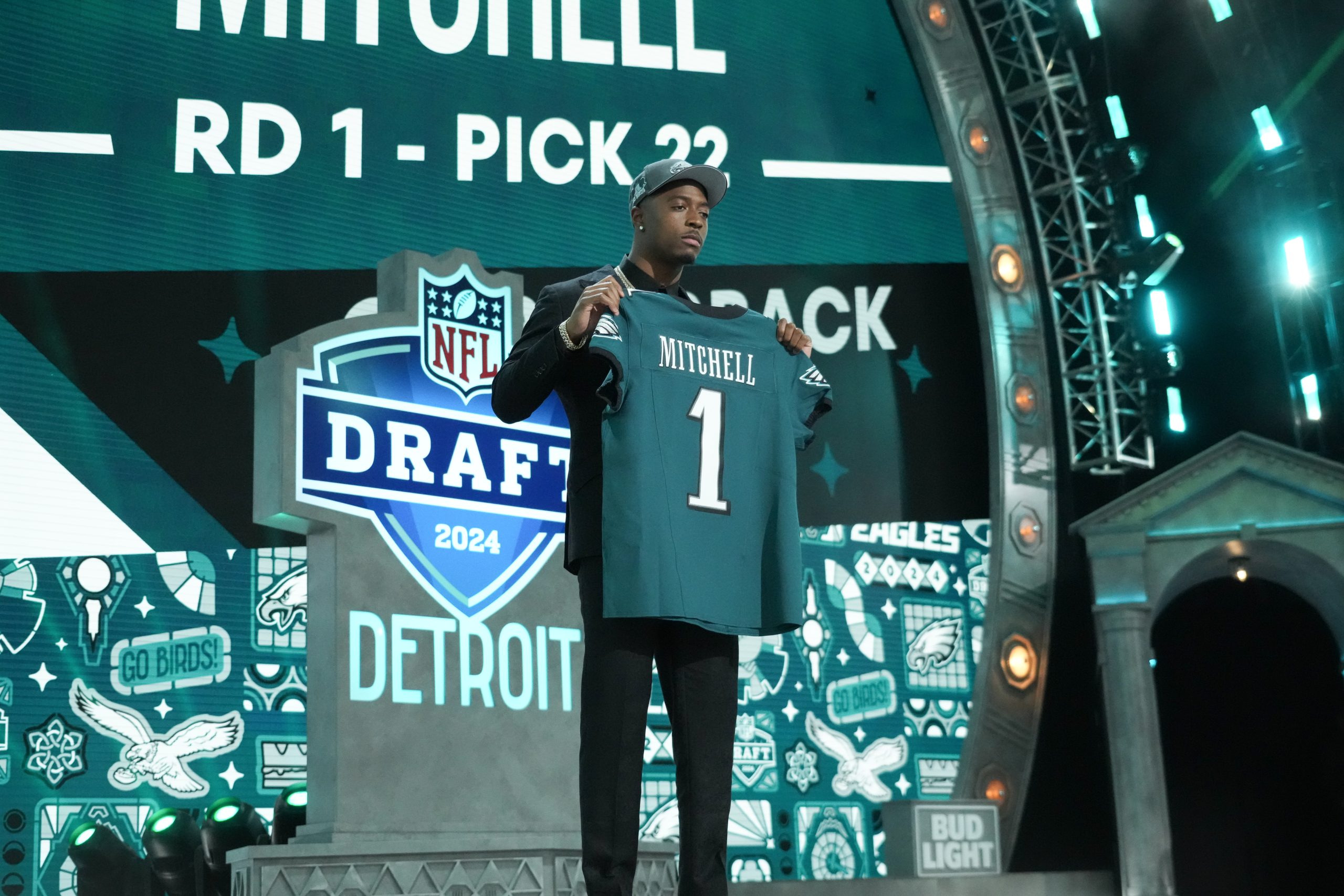The news of Jim Delany’s announcement that he’ll be leaving in 2020 as Commissioner of the Big Ten is not totally surprising. He’s been the head of the conference dating back to 1989 and has seen the conference expand beyond the Midwest to the East Coast. In addition, he was at the forefront of creating its own in-house network that has led to huge revenue streams not just for the conference, but for its member schools.
Delany joined the Big Ten after leading the Ohio Valley Conference. One of his most innovative ideas at the OVC was to sign a deal with ESPN to televise its basketball games late night on Saturdays (mostly at 11 p.m. ET). Not only did the conference’s schools like the idea, but also the coaches, who liked the national exposure. Students made the games a huge party and ESPN saw good ratings for the games.
That caught the attention of the Big Ten. Delany brought in Penn State to the conference, and later lured Nebraska, Maryland, and Rutgers.
While he was able to sign contracts with ESPN/ABC throughout the 1990s, Delany became frustrated with the Worldwide Leader and decided that in order to air the conference’s other inventory of games, like women’s basketball and Olympic sports, why not create its own league-centric network? And thus, the Big Ten Network was born in 2007. And while it was not immediately welcomed by the largest cable providers, it proved to be a must-carry network.
The popularity of the network became a cash cow for the Big Ten and led to the creation of a hockey league that also gave the network more original content. The Big Ten Network also became the model for others that followed, like the SEC, Pac-12, and (eventually) the ACC.
In addition, the partnership with Fox for the Big Ten Network led to the network gaining rights for its football championship game and, eventually, to a full-scale deal beginning in 2017.
Delany also saw the value of having multiple network partners, bringing in ESPN/ABC, CBS, and Fox to televise football and basketball. He also created the Big Ten basketball tournament and the aforementioned football championship to help bring in even more revenue from media partners.
And while Delany can be vilified for poaching teams from other conferences, there’s no doubt that he has left huge shoes to fill for the next Big Ten Commissioner. Now the big question before he leaves in 2020 is whether Delany will elect to negotiate a new media rights deal. The current one with ESPN/ABC, CBS, and Fox is worth an estimated $2.64 billion and expires in 2023, and Delany could opt to talk turkey for a new contract before he departs.
For now, Delany can look back at a long career that has brought the league from a regional-centric ten-team conference to a powerful fourteen-team league that extends to the East Coast. From there, he will leave the conference in the top-tier of college sports.






